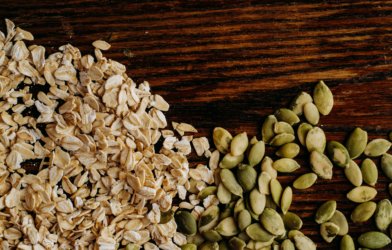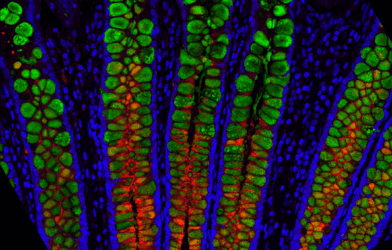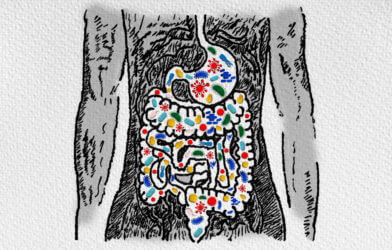
Jocelyn Solis-Moreira


Secrets behind impenetrable ‘armor’ of diarrhea-causing superbug C. diff discoveredJanuary 21, 2023

Probiotics to fight colorectal cancer? Why ‘good’ gut bacteria could be life-savingJanuary 21, 2023

High-fiber diet linked to lower risk of dementiaJanuary 20, 2023

Cashew trees may hold secret behind natural remedy for diarrheaJanuary 17, 2023

New study explains how bacterial species gain membership into the gut microbiome January 14, 2023

Researchers draw up first-ever detailed map of the human gutJanuary 13, 2023

Strong evidence of connection between gut microbiome and developing Alzheimer’sJanuary 6, 2023

Ankle sprains could lead to an unhealthier gut microbiomeJanuary 4, 2023
